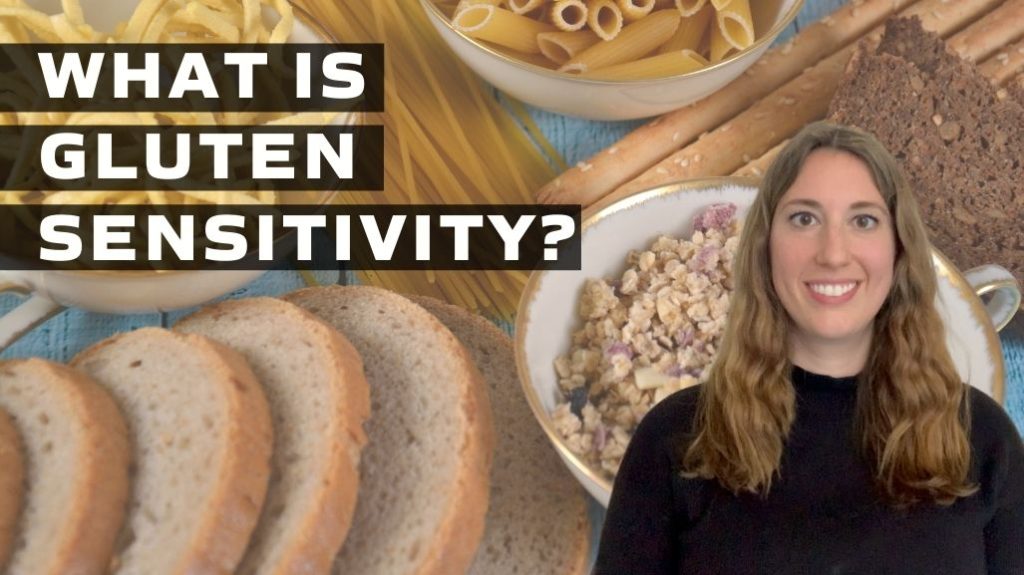Eating for Your Blood Type – Fact or Fiction?
Is there any validity to eating a blood type diet?
What you will learn about
You’ve likely heard of the book entitled “Eat Right for Your Type”; it sold about 7 million copies and was translated into 52 languages. I bought it when it was released in 2002, did you? The author made a compelling argument that “sounded” so simple – simply discover your blood type and eat the diet best suited for that type and enjoy good health. The theory was that people with different blood types process food differently from one another and all we needed to do was follow a specific diet, supposedly correlated to our blood type, and decrease our risk of chronic disease, including heart disease.
I had plenty of patients who “gave it a try” with highly mixed results. I believe that those who follow the blood type diet, believing it to be factual, could actually be perpetuating or even creating ill health by consuming foods they shouldn’t such as gluten, dairy, or animal flesh, and it is for that reason I am writing this blog.
At the time the book was published I was deep into the discovery of gluten sensitivity and the realization that many of my patients reacted poorly to the protein gluten despite the absence of celiac disease, the only known disease, at the time, affected by the consumption of gluten.
What initially struck me as interesting about the “eating for your blood type” concept was that type O blood types, the most prevalent of the four possible types, were considered to react poorly to wheat. Not only am I personally type O and gluten sensitive, but as the most common blood type, I found some validity in the association.
However, any confidence in the book and its premise quickly evaporated when I dug deeper and discovered a large number of individuals with blood types A, B, and AB was also clearly gluten sensitive or celiac. The blood type concept not only allowed gluten for these blood types but stated it was beneficial for blood types B and AB while allowing occasional gluten for types A and even O.
Since the book was published and gained such traction with the public, researchers have taken the gauntlet thrown down by the author and endeavored to support the hypothesis of the book. None, thus far have found any validation, including, it seems, the author himself.
Researchers from the University of Toronto conducted a study in 2014 to assess if there was any validity to the premise. The lead researcher said: “There was just no evidence, one way or the other. It was an intriguing hypothesis so we felt we should put it to the test”. The study enrolled 1,500 mostly young, healthy adults who provided detailed information about their diet and blood samples to determine their blood type and level of health risk factors, including insulin, cholesterol, triglycerides, etc. The participants had their diet “scored” based on the food items listed in the Eat Right for Your Type book as it correlated to their specific blood type.
The researcher’s conclusion: “We found no evidence to support the ‘blood-type’ diet theory. The way an individual responds to any one of these diets has absolutely nothing to do with their blood type.” – Dr. Ahmed El-Sohemy, Research Chair in Nutrigenomics at the University of Toronto. In fact, the researchers observed that any association observed between each of the four blood-type diets was independent of the person’s blood type.
In 2013 the American Journal of Clinical Nutrition, too, found no evidence to support the blood type diet, despite conducting a systematic review of over one thousand papers. Their conclusion: “No evidence currently exists to validate the purported health benefits of blood type diets.”
The author of the book, Peter D’Amato was quoted in 1996: “I am beginning the eighth year of a ten year trial on reproductive cancers, using the Blood Type Diets … By the time I release the results in another two years, I expect to make it scientifically demonstrable that the Blood Type Diet plays a role in cancer remission.” The study would have concluded in 1998, but no results have ever been released.
Similarly, in a sequel to his first book, he started in about 2005 that he was conducting a “twelve-week randomized, double-blind, controlled trial implementing the Blood Type Diet, to determine its effects on the outcomes of patients with rheumatoid arthritis.” Again, no results have ever been published.
I hope this assists some who are following the diet of their blood type but not getting results. The diet has no validity. Conceptually it was an interesting and compelling premise; factually no basis has been found.
If your health is not where you want it to be, we can help. If you’ve been trying diets that don’t work, contact us for a consultation – Call (727) 335-0400.
If you are not local to us you can still receive help, our medical clinic treats patients from across the country and internationally.
We help the world’s busiest people regain, retain, and reclaim their health, energy, and resilience.
References:
Ask a Doctor
Have a health concern you'd like to speak with a doctor about? Or just want clarity on a subject? Ask Us!






